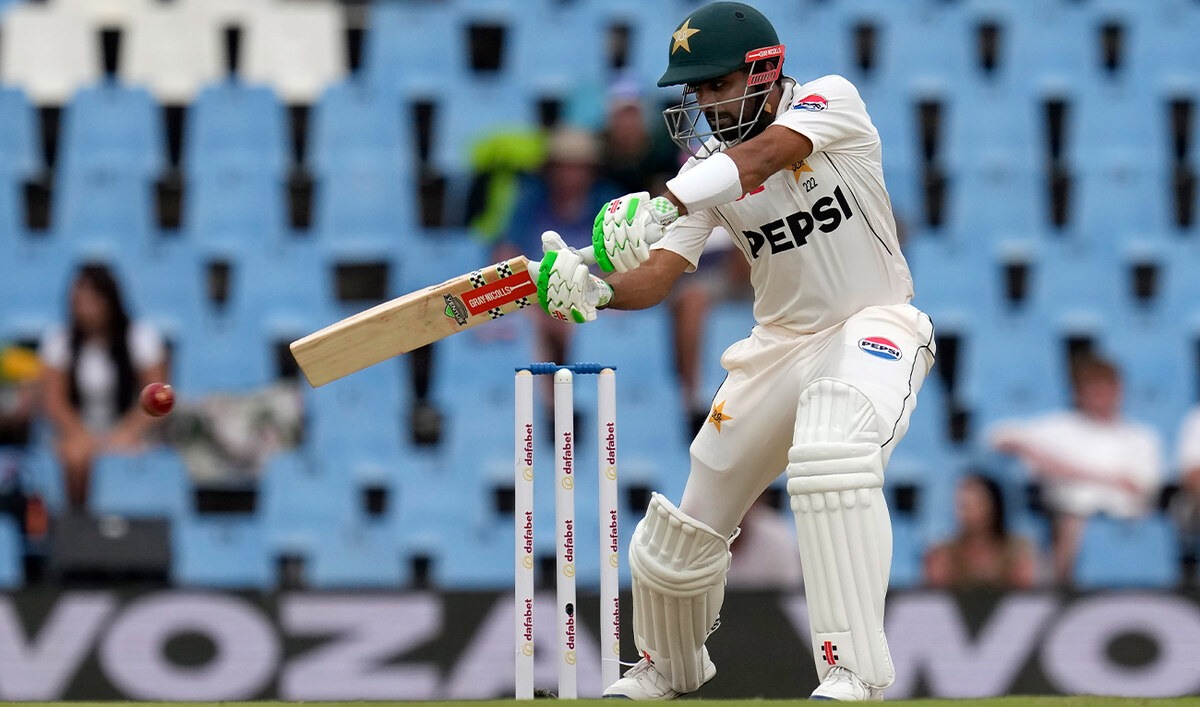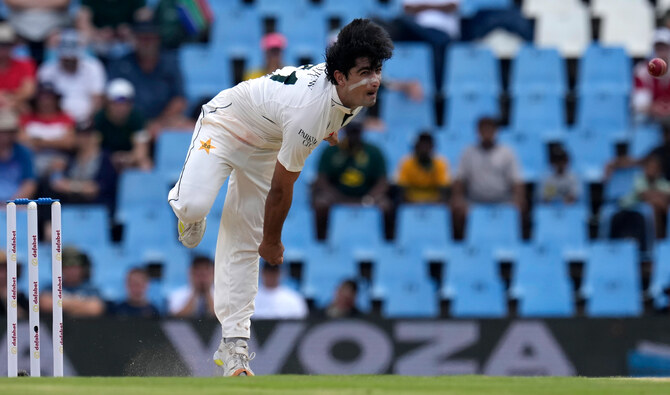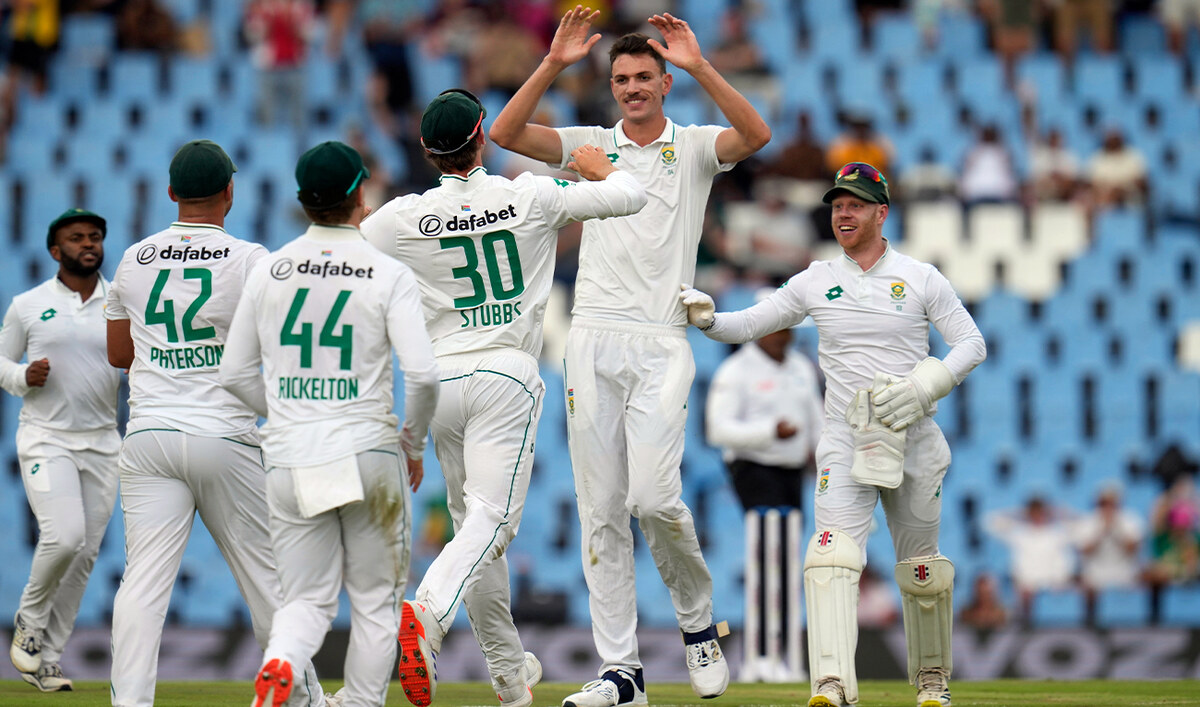ISLAMABAD/KARACHI: Pakistani doctors have suspended surgeries to cover for emergency cases amid an acute shortage of some life-saving medicines, a representative said on Thursday, with drug manufacturers saying the pharma industry is currently “in ICU (Intensive Care Unit)” amid an economic crisis in the South Asian nation.
Pakistani health facilities are facing a shortage of critical medicines, including oncology products, plasma-derived products, vaccines, recombinant biologicals, equine serum products, cardiac enzymes and specialized hormones, insulin, and mostly importantly the general anesthesia used in operation theaters, according to doctors and pharmacists.
The shortage has surfaced after manufacturers and importers stopped supplies to health facilities, citing the rising cost of manufacturing amid high inflation and massive devaluation of the local currency. Doctors say the situation has forced them to delay their routine surgical operations for the sake of any emergency cases.
“The overall situation is critical, routine operations have been stopped by most of doctors for the time being just to cover the extreme emergency cases that can’t be delayed or avoided,” Dr. Abdul Ghafoor Shoro, general secretary of the Pakistan Medical Association (PMA) that represents Pakistani doctors, told Arab News.
Shoro said the situation was tough for patients who were the victims of the current medicine crisis in the South Asian country.
“Patients are suffering mostly due to the shortage of medicines,” he said. “Every day we receive complaints that the operations have been postponed due to the shortage of relevant medicines, the situation persists for last three months.”
Shoro said medicines used for diabetic treatment were out of stock that hit particularly young insulin-dependent patients.
“Young diabetic patients are solely dependent on injectable insulin as tablets are not effective treatment,” the PMA official said. “The shortage is severely hurting young patients.”
The manufacturers said supply of more than 1,000 brands had been stopped due to the rising cost amid the government’s inaction on price adjustment according to the rising inflation and dollar-rupee disparity.
“Manufacturers have stopped manufacturing and supply of 1,300 brands of drugs as they face a financial crunch for the last three months,” Syed Farooq Bukhari, chairman of the Pakistan Pharmaceutical Manufacturers Association (PPMA), told Arab News.
“Despite the losses, pharma companies are operating just to honor our long-term supply commitments with hospitals. Pharma companies are now operating at 50-60 percent capacity.”
The PPMA chief said manufacturing firms were not asking for raise in their profits, but only price adjustment so that they could survive.
“The pharma industry is now in the ICU... it would collapse,” Bukhari said. “Operational cost has increased manifold due to rupee devaluation, energy price and transportation cost hikes.”
The inflation in the South Asian country hit a 50-year high of 31.5 percent in February, triggering the overall costs.
On Monday, the Pakistani government deferred a decision to raise prices of 119 medicines and 54 new drugs. The move prolonged the stand-off with the pharma industry.
The PPMA chief said authorities agree in meetings with the demand of the industry, but take no action to minimize the losses through price adjustment.
Pakistani health officials say the drug price adjustment was the prerogative of the federal government and the prime minister could approve it.
“The decision to increase or decrease drug prices is the prerogative of the federal cabinet,” Sajid Hussain Shah, a spokesperson for the Pakistani health ministry, told Arab News. “Only the cabinet can decide if there will be any price increases, and the prime minister can approve the cabinet’s decision.”
The current crisis has severely hit the profitability of the multinational pharmaceutical companies in Pakistan and some of them have even suspended their operations, according to manufacturers.
“Majority of multinational companies are making essential and lifesaving drugs, but their profitability continues to dwindle and some of them have stopped operations in Pakistan,” Tauqeerul Haq, managing director of Sante Pharma, told Arab News.
“The rupee has devalued by around 70 percent since July 2021, but the prices have not been raised since accordingly. Now production of 1,300 brands has been stopped and if the situation persists, the number will cross 2,000.”
Haq said the prices have been capped at 7 percent for essential and 10 percent for non-essential medicines, which in the current situation are unrealistic.
“At least 35 percent price hike of medicine would be required under current situation,” he added.
The Overseas Investors Chambers of Commerce and Industry (OICCI), a representative body of overseas investors that also includes pharma companies, has also approached the government for the resolution of the crisis.
“The input cost of the companies has substantially increased due to rupee devaluation and rise in the price in global market, but in Pakistan they are not allowed to adjust the prices,” Abdul Aleem, the OICCI secretary general, told Arab News.
“We are telling the government that the products international companies are making in Pakistan are very critical and if the production stops, it will take time to restart. The supply chain should not be disrupted.”
Aleem said many multinationals had warned of stopping their operations as their capacity reduced.
The situation is also painful for pharmacies across Pakistan and some of them have cut down their workforce and scaled down operations.
“There are around 100-200 medicines short in the market and the situation is tough for pharmacies because they are the first ones who face patients,” Sardar Shabir Ahmed, chairman of the Pakistan Pharmacists Association (PPA), told Arab News.
“The current situation has forced many pharmacies to cut down their operations and lay off staff. Most recently a pharmacy in Lahore has been shut down, leaving around 350 people jobless. The livelihood of thousands of workers associated with the pharmacy business is at stake.”
Pakistani drug importers and dealers have also approached the government, seeking price adjustment of mainly imported goods to save their business from a “complete collapse.”
“The prices are fixed and the cost of medicines and raw material in global market has surged manifold while at home the cost of fuel, electricity, freight charges and packing material etc has substantially increased,” Abdul Samad Budhani, who speaks for the Pakistan Chemist and Druggists Association, told Arab News.
“We have urged the government to immediately review the Drug Pricing Policy 2018 for the adjustment of prices of imported drugs.”
Manufacturers and retailers say the current situation has created black marketing of drugs in Pakistan.
Pakistan imported medicinal products worth $944 million from July till February this fiscal year, which was 74.12 percent less than the imports in the same period last year, according to official data.



















